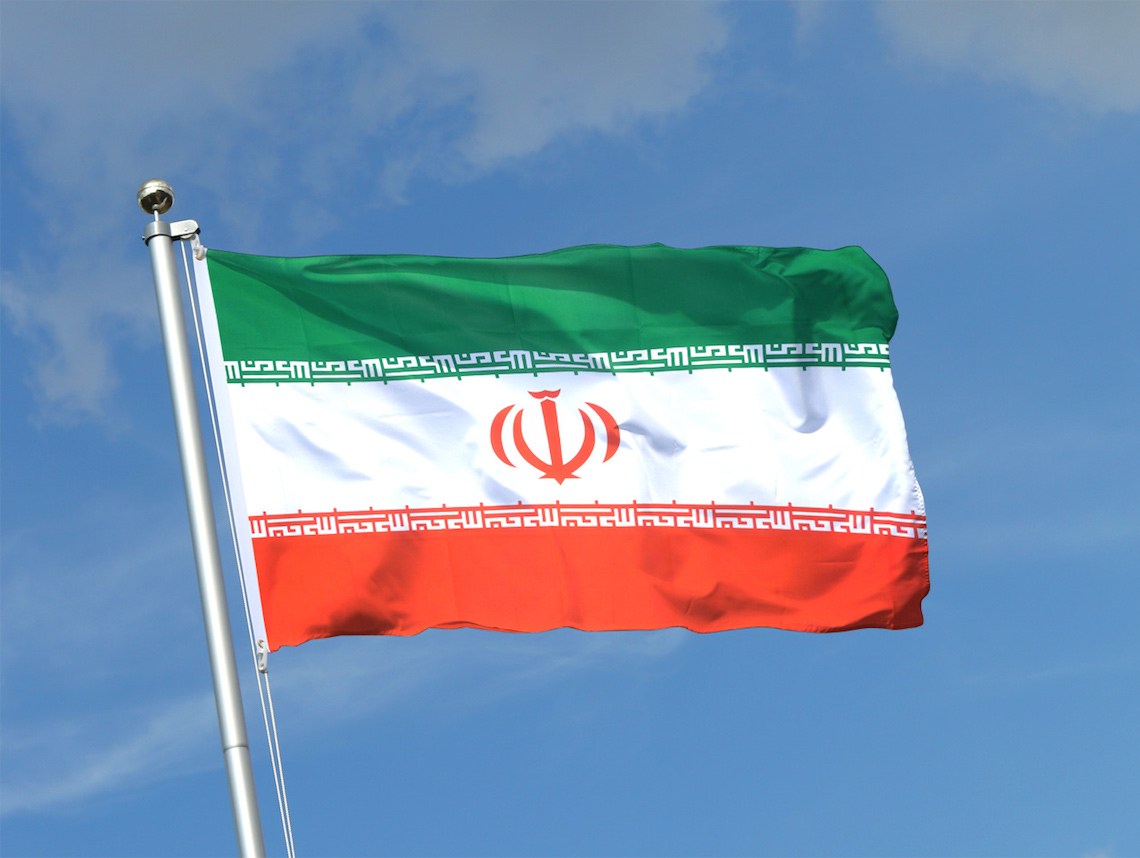
You would think I’d be used to it by now.
In the 1980s, at a dinner party at the home of a Muslim Iranian friend, an older woman sitting next to me panics when she realizes I’m Jewish. Quickly, she gathers her coat around her and hugs herself tight to create as much space between us as she can. Later, the host explains that the old woman still believes what she was taught as a child in Iran — that Jews are najis (ritually impure) and will contaminate anything they touch.
In the 1990s, at a book talk in Portland, I’m confronted by an angry group of nearly 100 Muslim Iranian men and women who demand to know why I feel the need to write about the persecution of Jews in Iran under Shia Islam. The evening ends when one woman — a dentist — asserts without irony that it is indeed true that Jews are najis. It also is true, she goes on to say, that Jews have little tails hidden by their clothes. Everyone hears her, but not a single person in the room steps in to correct her.
These are not everyday occurrences. For every bigoted Muslim Iranian I know, I’ve also known a dozen civil, enlightened and cultured ones. Many of them, in fact, are more accepting of Jews than Jews are of them.
They’re not everyday occurrences, and yet, when they happen, they all but take my breath away.
In the 2000s, I’m in the studios of a Persian-language radio station in Los Angeles. As I wait for one program to end and my interview to begin, I hear an angry caller yell at the host that he should not refer to Iranian Jews as “Iranian.” “Those people are not and have never been Iranians. They were subversives we let live in our country.” The caller is somewhere in the United States. After he signs off, a second caller, then a third echo his sentiments.
Last week, I happened upon a Facebook conversation among a few Iranian Muslims about Iranian Jews. The subject is “Iranians who attended the AIPAC conference,” and how “these are the same people who voted for Donald Trump.” This, we all know and understand, means something like, “Iranian Jews all support Israel and would like to bomb and obliterate Iran, and that’s why they voted for Trump.”
In response to the post, people have made comments such as, “Those people are not Iranians; they’re Israelis disguised as Iranian” or “Those are Israelis who speak Farsi.”
The most vocal of the anti-Zionists in this conversation has been firing off pictures that depict Jews as little devils sitting on piles of money, and worse, for years.
Iranian Jews have been in Iran, and before it in Persia, since before Persia itself. They were brought in as slaves by Nebuchadnezzar, from Palestine, after he destroyed the First Temple in 586 B.C.E. They were there for 12 centuries before the Arabs conquered the country and forcefully converted most of the population to Islam. And they’ve been there since. And still, we were — are — told we’re not “real” Iranians.
I write that this is anti-Semitic talk wrapped in anti-Israel lingo. I say that support for Israel as a nation, or for Zionism as an idea, does not make a person subversive. This, in turn, unleashes a torrent of comments about the evils of Zionism, Israel’s treatment of Palestinians, and how it is I, and other Zionists, who should apologize to the world, and not the other way around. In short order, I’m told by my fellow Iranian Americans that “most Jews are self-hating”; that Jews “should go back to Germany, yallah”; that “Jews should go to Africa, where their ancestry started”; that “hell hath no fury like that of Iranians who are blinded by the Zionist dream”; and that “Israel should be established in the United States” so that the “Middle East will again be peaceful.”
Anti-Zionism by Iranian Muslims, in short, is not the same as anti-Semitism.
Well, maybe.
Except, you see, Israel as a country is 69 years old; Jews have been persecuted in Iran, called “not Iranian,” accused of sedition, declared untouchable, since Iran became Shia 700 years ago.
And there’s also this: The most vocal of the anti-Zionists in this conversation has been firing off pictures that depict Jews as little devils sitting on piles of money, and worse, for years. From what I can tell, she still has hundreds of Iranian Facebook friends. In fact, when I raise this person’s past online activities, only 1 out of nearly 50 Iranians engaged in the conversation steps up to say, “This is wrong.”
Now, I don’t believe that being opposed to Israel’s settlement policy or Prime Minister Benjamin Netanyahu’s government, or being sympathetic to the plight of the Palestinian people, is tantamount to anti-Semitism. By that measure, I imagine half of the Jews in the world — I among them — would be anti-Semitic. But I do wonder, when it comes to Muslims in Iran and abroad, how they distinguish between the suffering of the Palestinian people and that of, say, the half-million Muslim civilians in Syria since 2011, or 1 million in Iraq since 2003, another 1 million in the Iran-Iraq war of the 1980s — where is their outrage at these and countless other Muslim-on-Muslim, Shia-on-Sunni, Arab-on-Arab or Arab-on-Iranian atrocities? Why do they call for boycotting Israel but oppose sanctions on Iran?
Most of the Muslims I know are too civil, enlightened and cultured to be consciously anti-Semitic. I’m not being coy when I say that I truly do not understand the double standard these tolerant Muslims apply to the Arab-Israeli issue as opposed to all other Muslim-related tragedies. But I will say this, because I think it bears thinking about: None of us, Jews, Muslims or others, is free of prejudice.
Often, the racism is so old and deeply engrained that we truly don’t recognize it for what it is. I wish these enlightened Muslims would consider this possibility. Because, let me tell you, it doesn’t get any easier, doesn’t hurt any less to be told, by your own people, that you’re not one of them.
GINA NAHAI’s most recent novel is “The Luminous Heart of Jonah S.”























 More news and opinions than at a Shabbat dinner, right in your inbox.
More news and opinions than at a Shabbat dinner, right in your inbox.